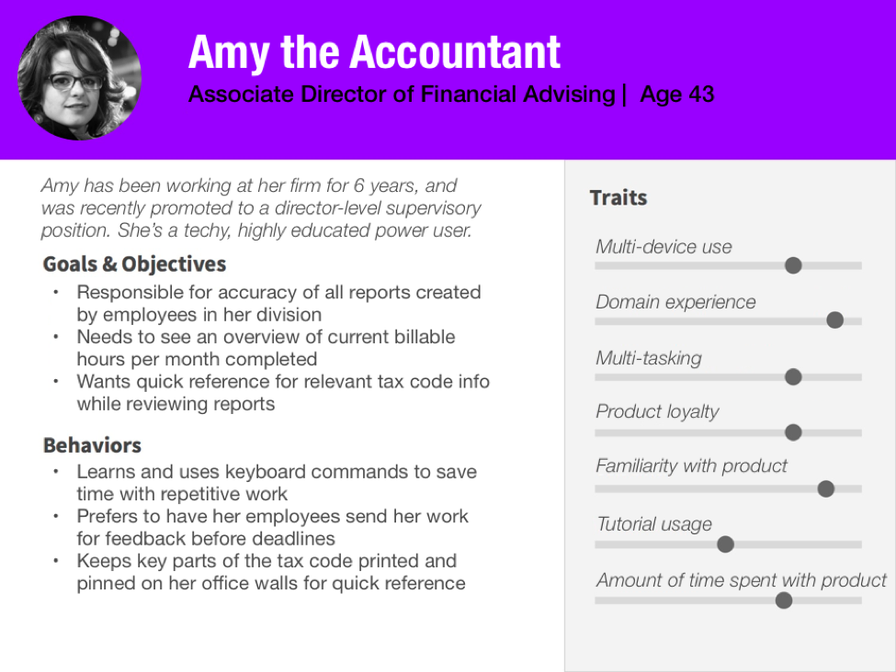Personas vs. Jobs-to-Be-Done

my notes ( ? )
I have used both the jobs2Bdone (JTBD, #jobtodo) and persona methodologies in comms strategy development, so this is a useful distinction: "Jobs-to-be-done focus on user problems and needs, while well-executed personas... add behavioral and attitudinal details". Abandoning personas for JTBD means "missing the key behavioral considerations ... that provide much needed guidance for interaction design and product strategy."
The article provides a good rundown of both techniques, and mentions related ones. Briefly:
- JTBD: whenever users “hire” (i.e., use) a product, they do it for a specific “job” (i.e., to achieve a particular outcome)". Knowing why your (potential) customers hire (and fire) products enamles product teams to "think about the nature of the users’ core problems and needs from a fresh perspective... suggests that innovation and good design come from assessing the customers’ real needs, and creating a solution unencumbered by existing products... [by] forcing designers to think about outcomes"
- While "Demographics are troublesome for product or design decisions... and are mostly suited for making marketing and advertising decisions... personas are meant to be rich representations of users, and go further than mere demographic or personal details", including "attitudinal and/or cognitive details... Goals and motivations ... Behavioral details about how the persona tends to act when using the product ... to build empathy among the product team toward the user [and] as mnemonic devices to aid in making them memorable to the team". The real problem is when "marketing segments [are] masqueraded as personas".
"Well-executed personas ... require qualitative research with real users to uncover the why behind users’ behaviors", whereas "While JTBD do include some key considerations about the emotional and social context ... they generalize them ... miss that key sense of context about users, and lose the opportunity to create empathy among the design team."
And user context matters: referencing "the famous Theodore Levitt quote, “People don't want to buy a quarter-inch drill, they want a quarter-inch hole”", the author points out that "a professional contractor will care about the durability of the tool, while someone hanging a few pictures in their home might care more about price... the same job-to-be-done may have different requirements for different user groups, the reverse is also true: one user group (or persona) may “hire” the product for different jobs in different contexts... I use the same flight-booking website for both work travel and vacation travel".
Concluding, "the two are in fact, quite compatible ... [either] in a complementary fashion, or core jobs-to-be-done information can be integrated into personas... [which] can reference the already existing jobs-to-be-done that apply ... along with any unique, differentiating information about that persona’s functional or emotional success criteria for that JTBD."
Read the Full Post
The above notes were curated from the full post www.nngroup.com/articles/personas-jobs-be-done/.Related reading
More Stuff I Like
More Stuff tagged persona , communications , jobtodo , audience research
See also: Communication Strategy , Content Strategy , Communications Strategy